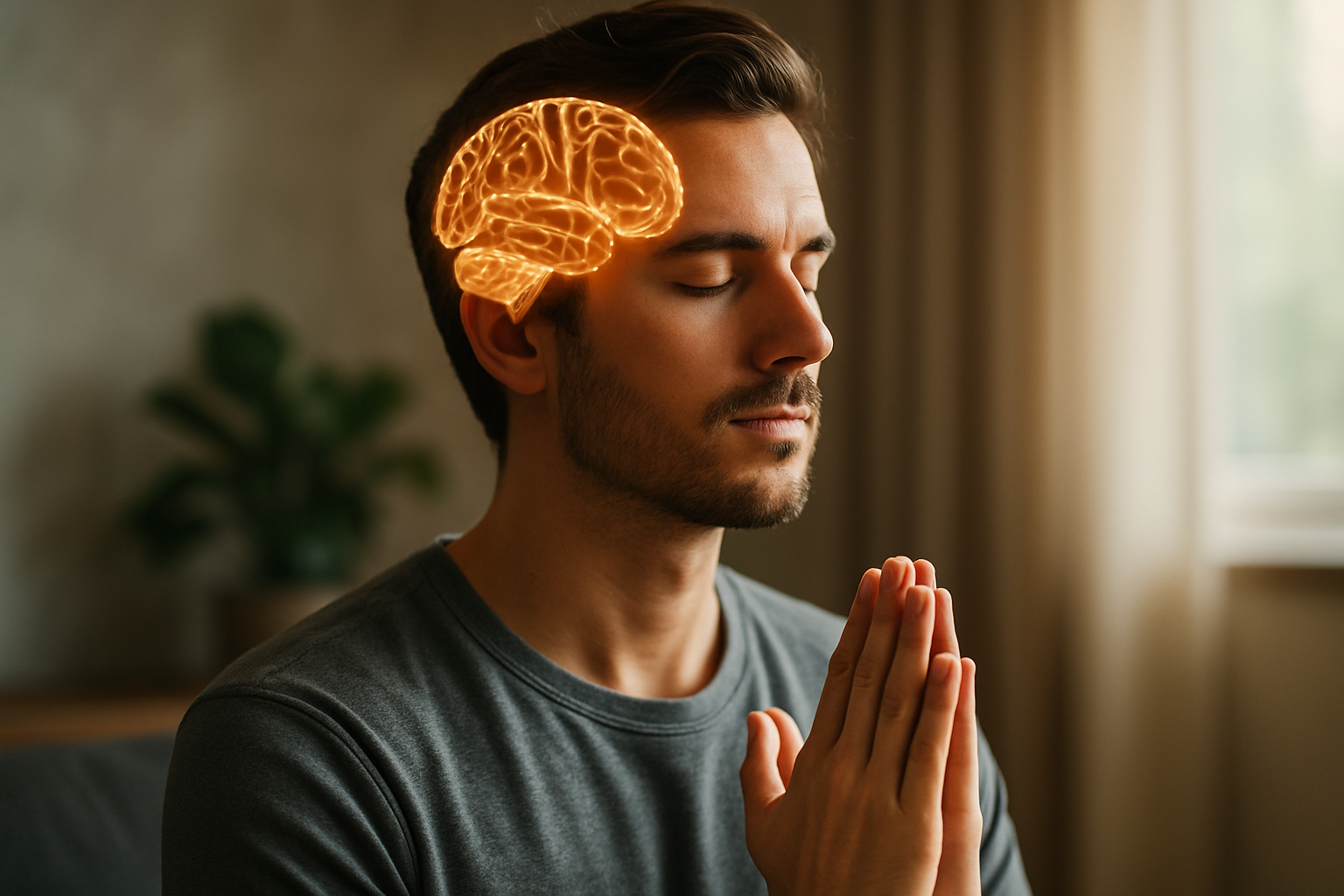How to Conduct a Simple Cognitive Screening at Home
A concise, practical overview for adults and caregivers who want to perform a brief cognitive check at home. This guide outlines easy tasks for memory, attention, and working memory, explains what results might mean, and when a formal evaluation or follow-up may be appropriate.

A straightforward, low-pressure cognitive screening at home can help you notice changes in thinking, memory, or attention that may warrant further evaluation. This article describes safe, simple exercises that assess recall, attention, and working memory, and explains how to record observations and interpret basic patterns. It also covers nonclinical strategies such as mnemonics and lifestyle steps that support brain health and clarifies common limits of an informal at-home check. Keep a calm setting, short sessions, and objective notes to make screening more useful if you later consult a clinician.
This article is for informational purposes only and should not be considered medical advice. Please consult a qualified healthcare professional for personalized guidance and treatment.
What is a quick cognition screening?
A quick cognition screening is a brief set of tasks and questions intended to give a snapshot of thinking skills rather than a diagnostic conclusion. At-home screening focuses on observable abilities—such as recall of recent events, sustained attention, and simple problem-solving—and records any consistent difficulties. These checks serve as an early warning system to prompt a formal assessment when patterns suggest decline in cognition. They are not substitutes for standardized clinical instruments, but they can guide discussions with local services or healthcare providers in your area.
How to check recall and attention at home?
To evaluate recall, present a short list of 5 unrelated words and ask the person to repeat them immediately and again after 10 minutes. Note both immediate and delayed recall performance. For attention, try a simple serial subtraction (e.g., subtract 7 from 100 repeatedly) or ask the person to follow a two-step instruction. Track errors, need for repetition, and time taken. Perform each task once or twice in different sessions and compare results to detect consistent change rather than single-session variability.
Simple working memory tasks to try
Working memory supports holding and manipulating information briefly. Test it by asking someone to repeat a sequence of numbers backwards (start with three digits and increase gradually) or to remember and act on multi-step directions: “Pick up the red book, place it on the table, then touch your left ear.” Count how often steps are missed or require repetition. Keep sessions short and limit distractions. Frequent or rapidly worsening difficulty with these tasks could indicate the need for a more formal assessment.
Mnemonics and brainhealth strategies
Using mnemonics, routines, and environmental cues can improve day-to-day recall and compensate for mild memory lapses. Simple techniques include linking new information to familiar images or phrases, using calendars and labeled containers, and establishing consistent routines for medications and appointments. Moderate physical activity, adequate sleep, balanced nutrition, and social engagement are lifestyle factors tied to better brain health. Note that lifestyle changes support cognition but do not replace professional evaluation when decline is suspected.
Signs related to aging and dementia to note
Some change in processing speed and occasional forgetfulness may occur with normal aging, but certain signs warrant attention: frequent confusion about time or place, persistent difficulty performing familiar tasks, noticeable language problems, or progressive loss of independence. Patterns that worsen over weeks to months—rather than isolated, stable lapses—are more concerning. Distinguishing normal aging from pathological cognitive decline involves looking at whether daily functioning is affected and whether symptoms are progressive.
When to seek followup and formal evaluation
If a home screening shows consistent difficulty in recall, attention, or working memory that interferes with daily life, arrange a follow-up with a healthcare professional for clinical evaluation. A formal assessment may include standardized screening tests, cognitive evaluation, and review of medications, mood, sleep, and overall health. Early evaluation helps clarify causes—some reversible—and informs care planning. Bring objective notes from your at-home checks to appointments to help clinicians understand patterns and timelines.
In summary, a simple at-home cognitive screening can highlight patterns in recall, attention, and working memory that may merit clinical follow-up. Use brief, repeatable tasks in a calm setting, record results objectively, and apply compensatory strategies like mnemonics and routines to support brain health. When difficulties are persistent or affecting daily tasks, seek a formal evaluation to determine causes and next steps.






